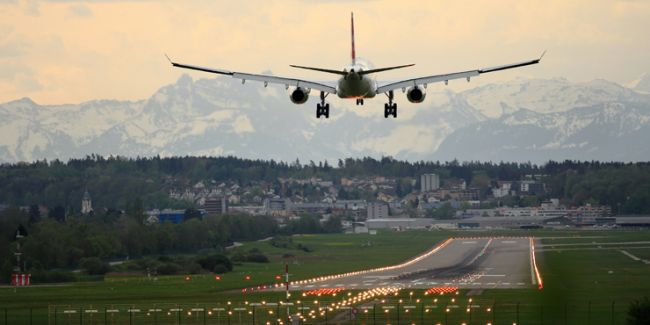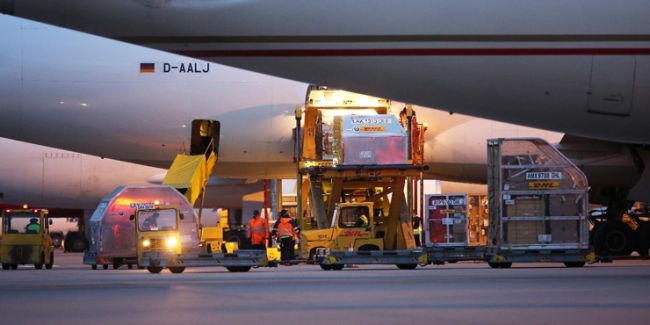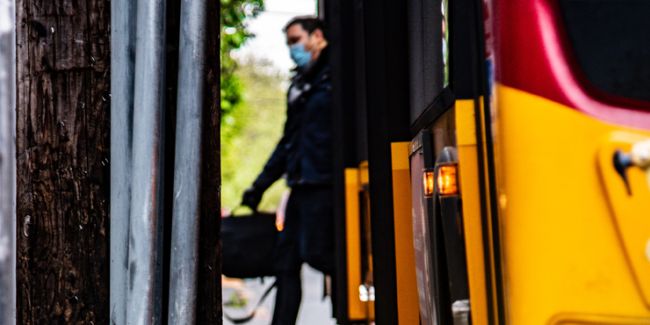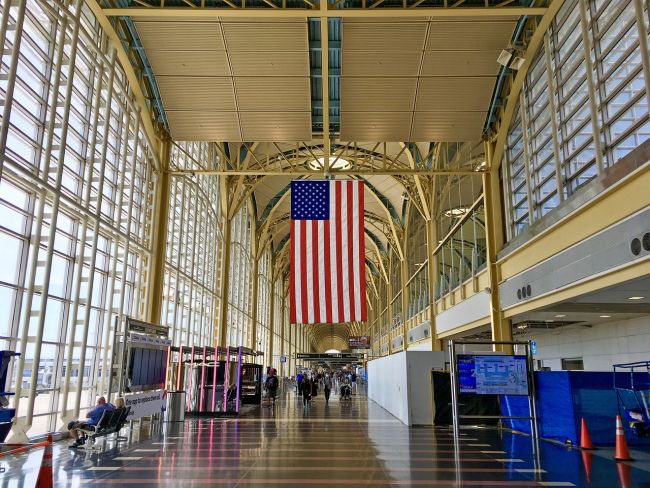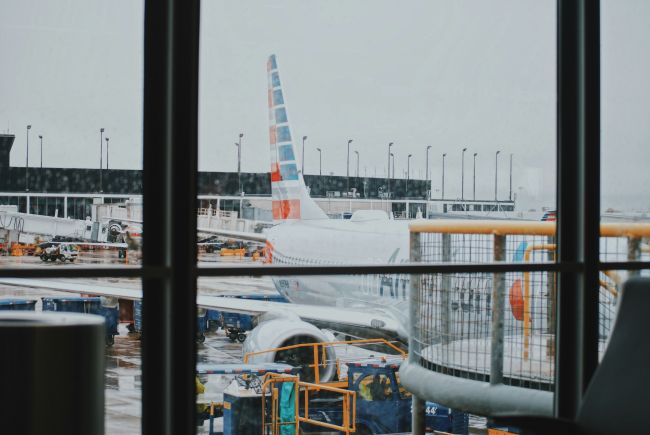Protecting passenger rights in the EU
The European Commission has been introducing passenger rights legislation since at least 1991.

The European Commission has been introducing passenger rights legislation since at least 1991 when it established common rules for a denied-boarding compensation system in scheduled air transport. This has since been joined by legislation on the rights of passengers on rail, maritime and bus and coach transport.
In 2011, after the adoption of passenger rights for bus and coach transport, the Commission set out ten core rights for all modes, based on three cornerstones of non-discrimination, accurate, timely and accessible information, and immediate and proportionate assistance. The ten core rights also include the ability to renounce travel and obtain refunds when a service is not operated as planned, to be rerouted or rebooked, assistance during long delays, compensation, and a quick and accessible system of complaint handling.
In principle, the ten core rights apply across the transport sector. In practice, however, the specific features of each mode, and the separate development of Regulations for them, mean that there is only limited consistency in how each core right is identified and addressed. Each Regulation also has a range of exceptions, exemptions and derogations, such as for small aircraft and boats, or short bus or coach journeys.
In principle, passengers’ rights must be honoured by the carrier providing the transport or, in some cases, the operator of terminals such as airports. To enforce this, the various Regulations require Member States to establish National Enforcement Bodies (NEBs) with certain responsibilities. However, while countries such as Austria have a single national NEB covering all transport modes, elsewhere there may be a different NEB for each mode, or even for each region, particularly where responsibility for transport is devolved. Steer estimates that, across the EU as a whole, around 170 bodies may act as NEBs for at least some journeys. This can make it difficult to identify the correct NEB, particularly when connecting between modes or crossing national or even regional borders.
In 2005 and 2009, when the passenger rights legislation was still limited to air passengers, the European Commission studied citizens’ experience of passenger rights through Eurobarometer surveys. In 2014, all modes were studied through over 28,000 interviews in all Member States, and in January 2020 this was followed by a further study of a similar size. The 2014 study found that, in the previous year, around 78% of citizens had made a journey covered by passenger rights legislation and around 30% had experienced disruption. However, less than a third of those interviewed were aware of their rights. Passengers with a complaint might not know whether it is covered by the legislation, or how to make a claim, or whom to contact if they are not satisfied with the result.
In 2018, the European Court of Auditors (ECA) published a Special Report which examined the wider issues associated with passenger rights. The ECA interviewed 21 NEBs and 27 carriers in ten Member States, surveyed over 10,000 citizens and received over 1,500 other responses. It highlighted issues including inconsistent approaches to different modes, inconsistent interpretation of the legislation, and poor data on how passenger rights were handled.
Against this background, and to ensure the best possible protection of passengers in all modes of transport, the ECA recommended that, by the end of 2020, the Commission should analyse the differences between the current passenger rights regulations, focusing on the ten core passenger rights, to determine European and international best practices.
Data on passenger rights is poor, partly because most complaints, whether covered by legislation or not, may be dealt with satisfactorily by the carrier or terminal involved, and only relatively few may be reported to the NEBs. Some NEBs deal with more than 10,000 complaints per year related to air travel but others, particularly those dealing with ferry or bus and coach travel, may deal with fewer than ten or, in some cases, none.
In 2019, Steer completed a fact-finding study on air passenger rights which provides a detailed assessment of the complex situation across Europe and considered the perspective of passengers, airlines, airports and authorities. The study involved comprehensive analysis of industry data, consultation with more than 150 stakeholders, interviews, workshops and international benchmarking. Steer mapped the rights that air passengers have, the protections available and the possible routes to seek redress, and covered the rights of disabled persons and passengers with reduced mobility and the impact of airline insolvencies on passengers.
The study showed that the number of flights disrupted, as measured by cancellations and delays over two hours, has increased significantly in recent years. Meanwhile, although it remains difficult for passengers who experience disruption to enforce their rights due to the complexity of the regulatory setting and the lack of information, the burden faced by airlines in fulfilling their passenger rights obligations has grown, driven by the increased levels of disruption and rising claim rates.
Steer’s report is available on the European Commission’s website.
In 2020, the Commission appointed Steer to carry out further work, recommended by the ECA, to analyse differences between the current passenger rights regulations, and to determine European and international best practices. Steer is carrying out four further studies examining passenger rights for waterborne transport, bus and coach, and passengers with restricted mobility (PRMs) travelling by air, and a comparative analysis of good practice in all four transport modes including rail.


